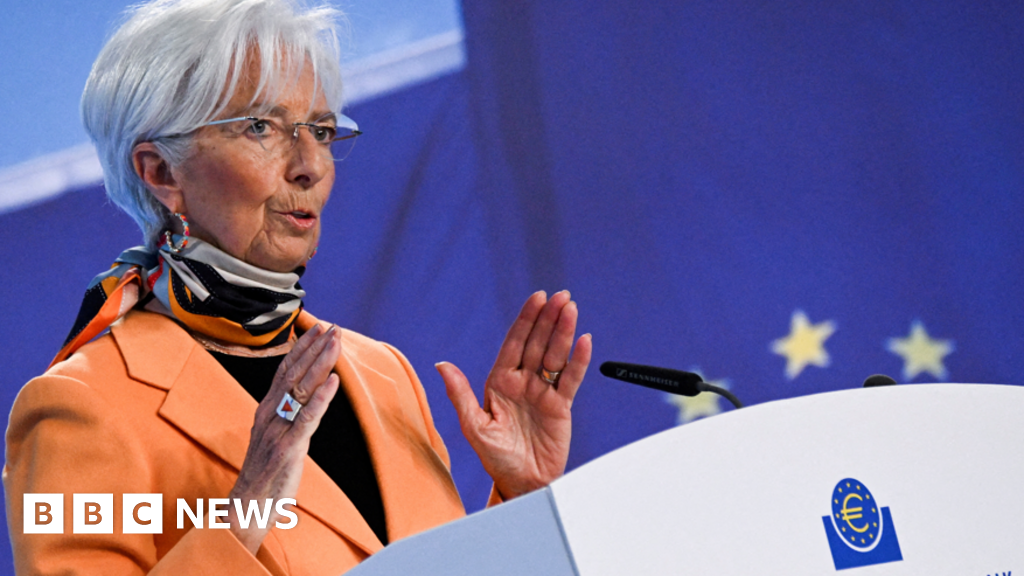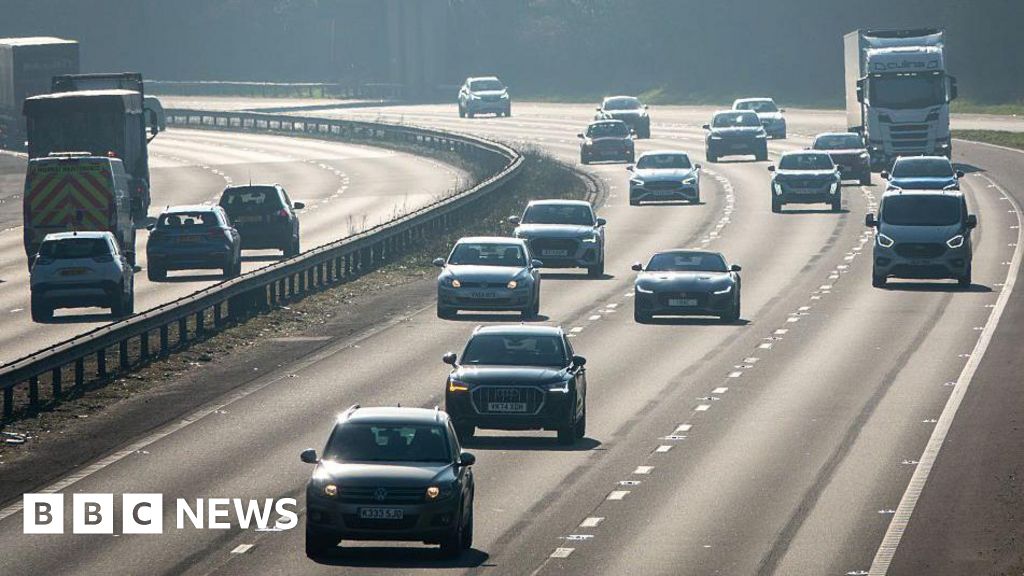ARTICLE AD BOX
Kevin Peachey
Cost of living correspondent
Lower energy prices mean the amount of money needed to meet a basic standard of living in retirement has fallen, a major report has found.
But those wanting a better retirement will need a higher income than ever before, the Pensions and Lifetime Savings Association (PLSA) has said.
Each year, the trade body estimates the level of income needed to have a minimum, moderate or comfortable standard of living as a pensioner.
It suggested the cost of a minimum retirement living standard for a one-person household has decreased by £1,000 a year to £13,400.
The calculations are developed and maintained independently by the Centre for Research in Social Policy at Loughborough University. They are intended as a guide for those planning their retirement savings.
Lower domestic gas and electricity bills, compared with a recent peak, are the main reason costs are lower than a year ago for those wanting a basic retirement. Some of this has been offset by higher rail fares.
A two-person household now needs an annual income of £21,600, down from £22,400 a year previously, according to the PLSA.
The minimum standard is calculated to include money for a couple's weekly groceries, a week's holiday in the UK, eating out about once a month and some affordable leisure activities about twice a week.
However, for those wanting a better standard of living, the costs have risen.
For what the PLSA calls a "moderate" lifestyle, a single person would need £31,700, up by £400 from £31,300 previously, while two people would need £43,900, up by £800 from £43,100 previously.
This level includes money for running a small second-hand car, a week holidaying in Europe and a long weekend break in the UK.
The PLSA also estimates what income is needed for a "comfortable" retirement, which includes luxuries such as regular beauty treatments, theatre trips and two weeks' holiday in Europe a year.
For this, a single person would need £43,900, up by £800 from £43,100 previously, and a two-person household would need £60,600 - a £1,600 annual increase from £59,000.
None of the categories include housing costs, because many pensioners have paid off a mortgage, while those who rent often have a benefit entitlement to help them pay.
Zoe Alexander, director of policy and advocacy at the Pensions and Lifetime Savings Association, said; "For many, retirement is about maintaining the life they already have not living more extravagantly or cutting back to the bare essentials.
"We're not just seeing changes in costs, we're seeing changes in how retirees live. Retirement isn't a one-size-fits-all experience. Retirees can share costs, often with a partner, and that can make a huge difference to affordability in later life."
Experts said the report was extremely useful to help with retirement planning.
Paula Llewellyn, from insurance company L&G, said: "Planning how you'll spend your retirement years is often exciting, but working out how long your money will last can be overwhelming."
Helen Morrissey, head of retirement analysis at investment platform Hargreaves Lansdown, said: "Once you've got an idea of what you want then you can start to put a figure on what that might cost and you can then use online calculators to see if what you've got in your pension will get you where you need to be."
The research does indicate that, while people approaching retirement age are confident about paying off their mortgage by the time they are pensioners, that is far less of the case among younger generations.
About 56% of those aged between 35 and 54 expected to own outright by retirement age, compared with 68% among those aged 65 and over.
The younger generation said they were more likely to be renting from a private landlord, with one in 10 expecting to do so in retirement.
On Monday, banking trade body UK Finance said first-time buyers were borrowing through mortgages that lasted an average of 31 years, compared with 28 years a decade ago.

 2 days ago
10
2 days ago
10








 English (US) ·
English (US) ·